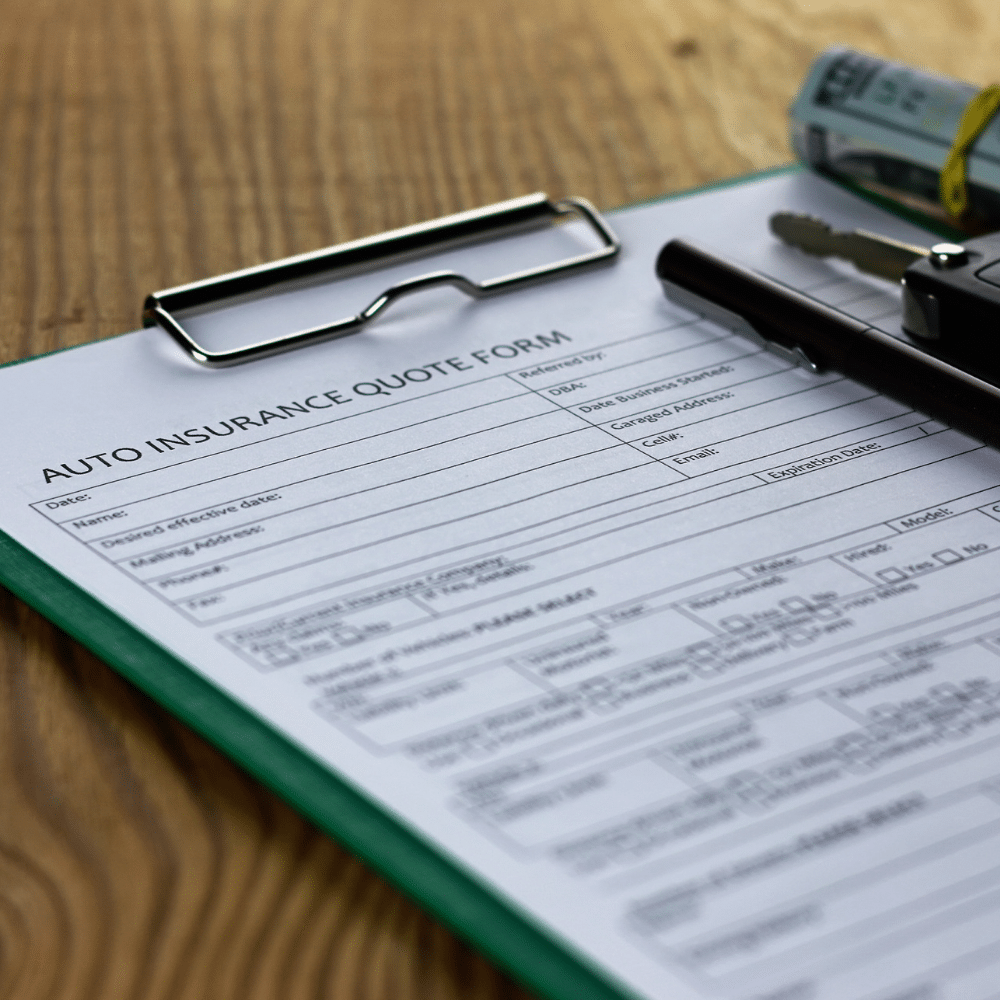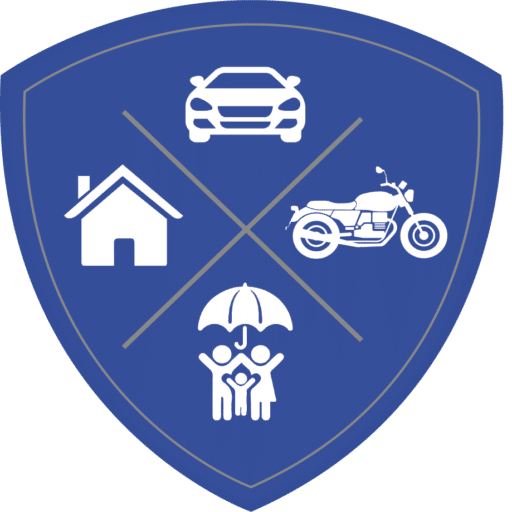
Understanding Auto Insurance Policies
When it comes to auto insurance, navigating through the various coverage options can sometimes feel like deciphering a complex puzzle. However, understanding the types of coverage available is crucial for ensuring you have the protection you need on the road. In this guide, we’ll break down the different types of coverage offered in auto insurance policies to help you make informed decisions about your coverage needs.
Liability Coverage
Liability coverage is the foundation of most auto insurance policies and is typically required by law in most states. This coverage helps pay for damages and injuries you cause to others in an at-fault accident. It includes two main components:
- Bodily Injury Liability: This covers medical expenses, lost wages, and legal fees for injuries sustained by other parties in an accident where you’re at fault.
- Property Damage Liability: This covers the repair or replacement costs for damage to other’s property caused by your vehicle.
Collision Coverage
Collision coverage helps pay for repairs to your vehicle if it’s damaged in a collision with another vehicle or object, regardless of fault. This coverage is especially important if you have a newer or more valuable vehicle, as it can help protect your investment in the event of an accident.
Comprehensive Coverage
Comprehensive coverage protects against non-collision incidents, such as theft, vandalism, fire, hail, or falling objects. It covers the cost to repair or replace your vehicle, minus your deductible, up to the actual cash value of the car.
Uninsured/Underinsured Motorist Coverage
Uninsured/Underinsured Motorist (UM/UIM) coverage steps in to cover your medical expenses and property damage if you’re involved in an accident with a driver who either doesn’t have insurance or doesn’t have enough coverage to fully compensate you for your losses.
Medical Payments Coverage
Medical Payments (MedPay) coverage helps pay for medical expenses for you and your passengers, regardless of who’s at fault in an accident. It can cover hospital bills, surgery, ambulance fees, and other medical-related costs.
Personal Injury Protection (PIP)
Personal Injury Protection, or PIP, is similar to MedPay but provides broader coverage. In addition to medical expenses, PIP may also cover lost wages, childcare expenses, and other costs related to injuries sustained in an accident, regardless of fault.
Additional Coverage Options
In addition to the core coverages mentioned above, auto insurance policies often offer various optional coverages and endorsements, such as:
- Rental Reimbursement: This covers the cost of a rental car if your vehicle is being repaired due to a covered loss.
- Roadside Assistance: Provides services like towing, tire changes, and locksmith services if your vehicle breaks down.
- Gap Insurance: This covers the “gap” between what you owe on your car loan or lease and the actual cash value of your vehicle if it’s totaled in an accident.
Understanding the types of coverage available in auto insurance policies is essential for making informed decisions about your insurance needs. By evaluating your circumstances and considering factors such as your vehicle’s value, your driving habits, and your budget, you can select the right combination of coverages to provide the protection you need on the road. If you have questions or need assistance choosing the right auto insurance policy, don’t hesitate to reach out to Nickerson Insurance Agency. Our experienced agents are here to help you find the coverage that’s right for you.

Contact Us
We Are Here To Help
At The Nickerson Agency, we pledge to our clients that we will make you feel valued and supported at all times while working with us.
Contact us today for a free quote and consultation from our experienced team of insurance
professionals!

